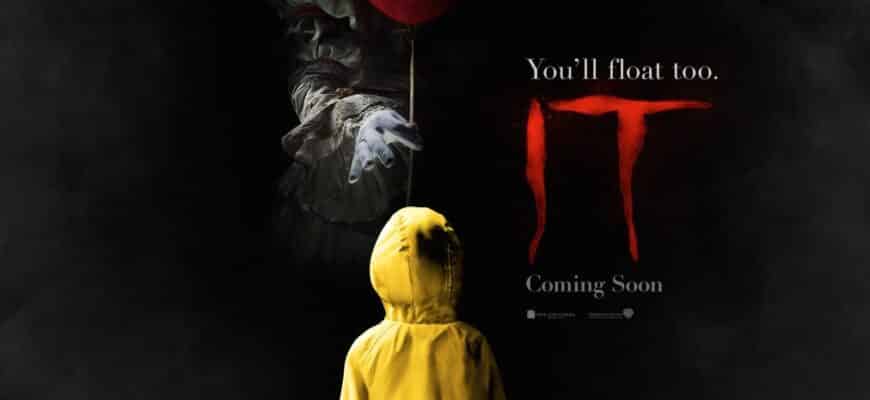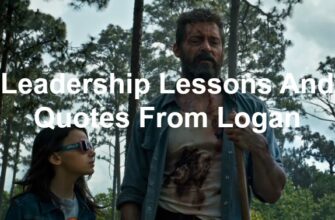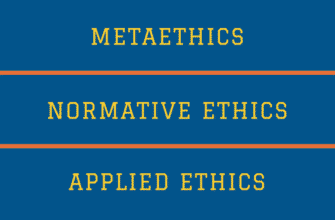We are all consumed with getting “the best.” Professionally, we strive to attain the best job with the best company on the best team. Personally, we want the best phone so we can text the best spouse who’s in the best house. Our kids need the best education and we need to be familiar with the best TV shows. Best, best, best. We are obsessed with branding our preferences as “the best.” Maybe Pennywise the Dancing Clown can convince you otherwise.
Pennywise is a demonic monster who preys on innocent people in Stephen King’s classic book, It. Every 27 years, he awakens to wreak horror on the town of Derry, Maine. It, as the beast is commonly called, has the power to shapeshift into a form that entices or scares victims. Pennywise the Dancing Clown is It’s typical disguise so as to attract young children. On an aside, between the book and the 1990 movie, I do not enjoy clowns and I walk quickly over sewer grates in the street (if you’ve seen the movie, you understand).
I mention Pennywise because his power comes from his ability to exploit fears and manipulate people. He often does this by appealing to individuals’ maximizing mindset – an outlook on life where the goal is to get “the best.” This mindset leads people to regard anything that’s less than perfect as a waste of money and/or time.
When we label the items in our life as “the best,” we are comparing these items with something lesser. This can be based on the quality of the item, but our views are often shaped by PR campaigns, trends, and other external influencers that have no bearing on actual value. As a result, our interpretation of “the best” is a moving target. Like Pennywise, it changes to match what we want at a particular time.
From a leadership perspective, the research shows the detrimental effects of promoting ideas and products with “Ours is the best!” messaging. On the short-term, you lose credibility when your items fall short in any way. Long-term, there’s no true loyalty. Your worth and credibility are tied directly into being better then someone or something else.
The maximizing mindset also has an impact on decision making. Since you are constantly on the hunt for “the best,” you increase the number of options with which to compare, but each of these comparisons is made faster, thereby reducing the overall time needed to make a decision. While this is promising, some concern accompanies the post-decision response.
…the maximizing mindset amplifies regret and dissatisfaction, increases the likelihood of returning and switching products, and even impacts sensory experiences such as taste.
Like an evil clown talking to you through a sewer grate (man, that movie freaked me out), stop preaching that you, your product, and/or your company is “the best.” This is an insubstantial claim lacking any basis. Are you great? Sure, but let the customer decide whether you’re “the best.” They are more likely to believe it and remain a devoted customer if they discover it on their own. A touch of humility in your rhetoric can make all the difference.






